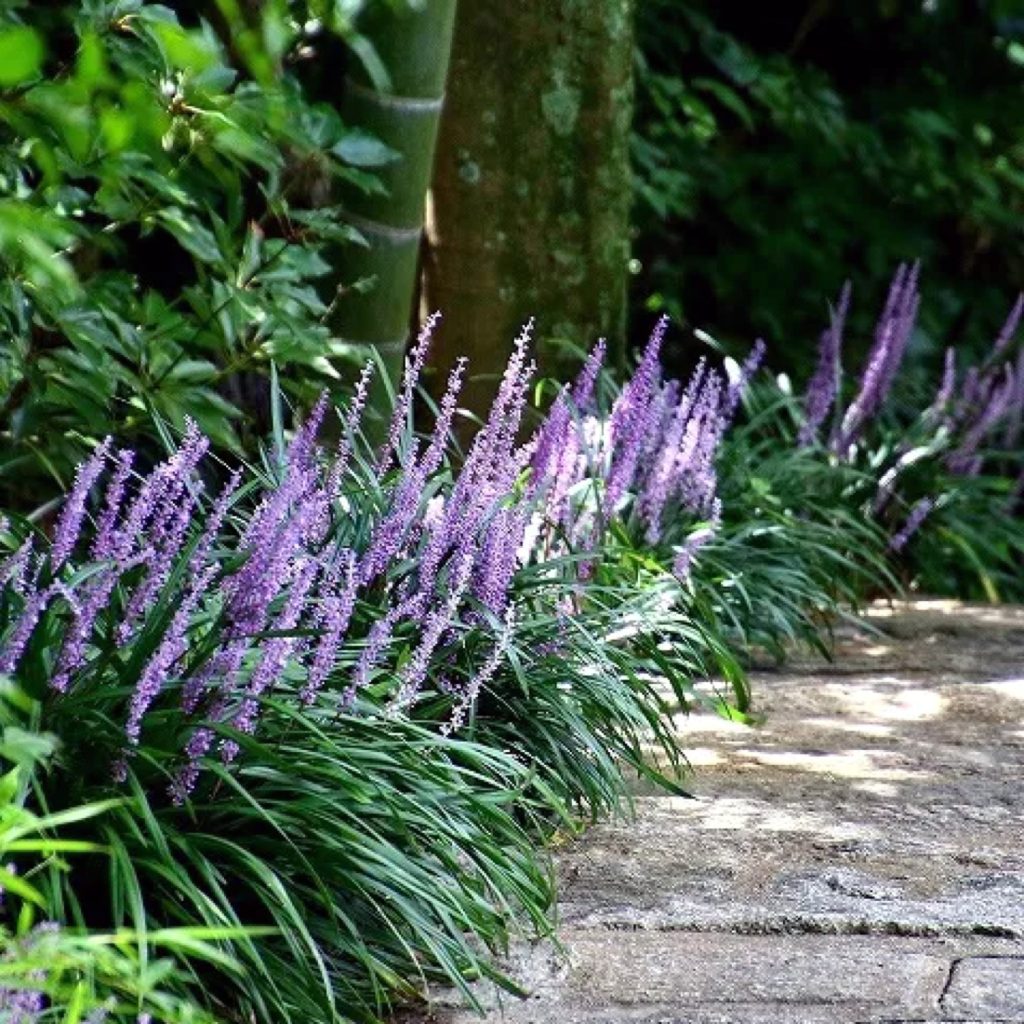
The road that passes through the thick forest is a concrete road. At best, bicycles pass each other; cars do not pass. Currently, both sides of the road are adorned with wild orchids. During the twilight hours, while walking there, I can hear the buzzing of bees. Their wings are small, and their bodies are petite, so it seems to be Japanese honeybees. The widely raised honeybee species globally for honey production is the ‘Western honeybee.’ Japanese honeybees have a weaker ability to gather honey, so most of the bees gathering nectar from flowers like yaburans in Japan are indeed Japanese honeybees. However, Japanese honeybees are originally native to Japan and have played a significant role in Japanese agriculture since ancient times. Speaking of which, the bees congregating on the wild orchids are covered in pollen all over their bodies.
こんもりとした林を抜ける道はコンクリート道です。自転車がすれ違うのがせいぜいですから、車は通りません。今その道は両側に薮蘭が咲いていて、夕暮れ時、そこを歩いていると、蜜蜂の羽音が聞こえます。羽音も小さく、体も小ぶりなので日本ミツバチのようです。蜂蜜を採る目的で、人の手によって世界的に飼われているのは「セイヨウミツバチ」です。日本ミツバチは、蜜を集める能力は弱いで、薮蘭の様な花に集まる蜜蜂はたいがい日本ミツバチです。しかし、日本ミツバチはもともと日本に住んでいる蜂で、古来日本の農業を支えてきたと言っても過言ではありません。そう言えば、薮蘭に群がっているミツバチは体中に花粉を付けています。
